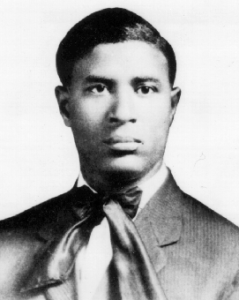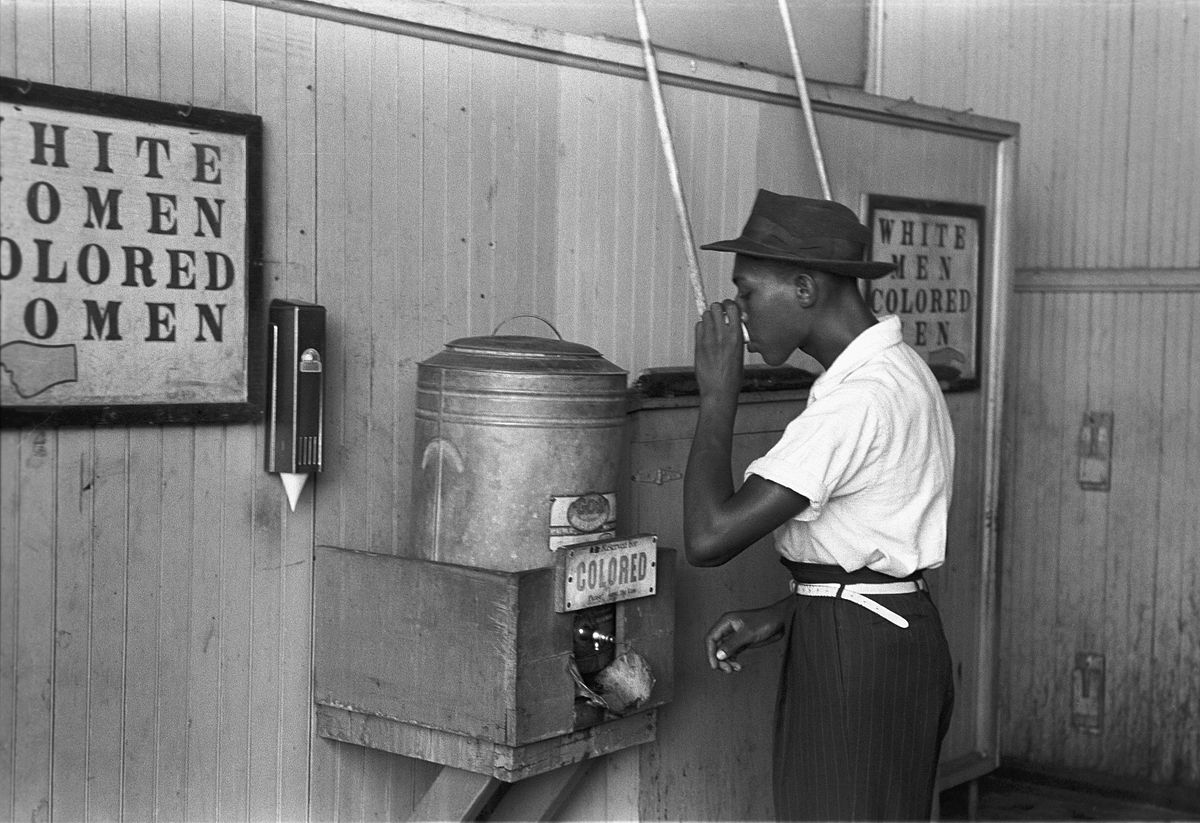Innovation and Intolerance
By Amy Willis
How can antebellum racial violence and intolerance in America help explain the disappearance of bankers in post-Soviet Russia??? This “mystery” is at the heart of this episode in which EconTalk host Russ Roberts welcomes economist Lisa Cook to discuss her research.
Cook had a notion that violent barriers to innovation might exist in both these contexts- and she was right. In the course of her research, Cook found that innovation among African-Americans peaked around the year 1900, and she was determined to find out why. This led her to in-depth research on patents obtained throughout the period, and the conclusions she was able to draw are striking. We hope you’ll agree, and that you’ll consider helping us continue this timely conversation using the prompts below.
1- What is the primary explanation Cook offers for the decline in patents obtained by African-Americans after 1900? What have been some of the uinintended consequences of this decline?
2- What did Cook find regarding the effects of different types of violence on different kinds of inventions? Why does she posit such differential effects occurred?

3- Why might the period of 1900-1930 be considered the “Golden Age of African American business”? How is Garrett Morgan illustrative of this period? What most surprised or bothered you about Morgan’s story?
4- Roberts shares his concerns about two particular areas with respect to African-Americans- policing and education. How does Cook believe these two issues ought to be addressed? To what extent do you agree with her proposed solutions?
5- The conversation ends with a discussion on whether the United States is in need of a “new narrative.” What do you think? What’s wrong with our current national narrative, and what should be amended and/or take its place?
BONUS QUESTION: Regular listeners have become accustomed to Roberts’s skepticism with regard to econometric analysis. Is his skepticism overdone in this case? Explain.

